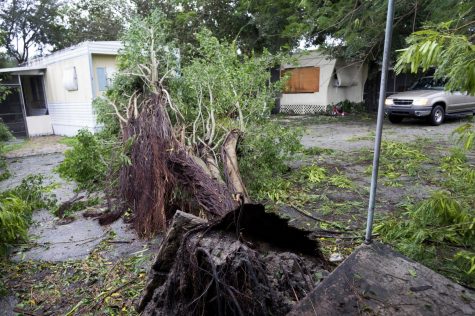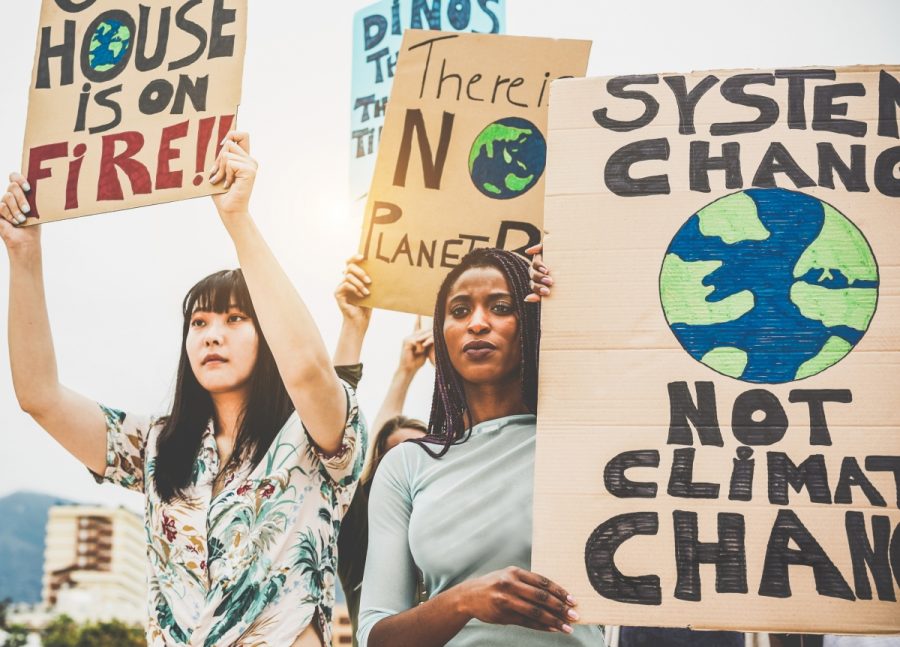Environmental Groups Push for Equity in Biden’s Solar Efforts
Photo Courtesy of: Google Images
Environmental activists protesting to take action on climate change.
May 1, 2021
Biden has expressed his plan to expand clean energy across the country in efforts to combat climate change. A new coalition has formed to ensure equity in these efforts to reach every community. Many low income communities are severely impacted by climate change and are disproportionately affected by it.
“For too long, the benefits of a clean energy economy have eluded communities of color, indigenous communities, low-income, rural, and frontline communities disproportionately impacted by climate and environmental change,” the coalition said in a letter to congressional leaders.
Low income communities tend to have higher rates of health conditions. Pollution has been proven to cause health issues and also worsen them. Climate change increases risk of destruction from natural disasters that low income communities don’t have resources to recover from them. Evacuation can also be expensive as well as the construction of adapted infrastructure to withstand climate change. In which it is of high importance that these communities are included in these solar panel expansion plans.

“Some property owners can afford to modify their homes to withstand current and projected flooding and erosion impacts,” write the report’s authors. “Others who cannot afford to do so are becoming financially tied to houses that are at greater risk of annual flooding.” English business magnate Richard Bransom stated.
Not only has climate change affected low income communities but has also affected BIPOC (black, indigenous, people of color) areas. Intersectionality brings awareness to the fact that climate change has become a class and race issue. Therefore many rights environmental activists have continuously pushed for equality in discussions to combat climate change.
“Climate change is not just a blank slate issue that’s not connected to other issues,” Thanu Yakupitiyage immigrant rights activist said. “We have to think about the climate as an umbrella issue that is inherently connected to other forms of justice, including racial and migrant justice, and ultimately human rights.”
This new coalition is pushing to extend solar investment tax credits to undeserving areas. Also to provide zero or low interest financing through the Energy Department’s Loan programs office. The coalition is working on funding $30 billion to target these communities to deploy solar panels and workforce development initiatives.
“It’s critical that we realize that not all green banks are created equal,” she said. States such as Connecticut “have been much more intentional about ensuring that the communities that most need the benefits of economic and wealth creation, and environmental benefits get them,” National Climate Adviser Gina McCarthy said.








